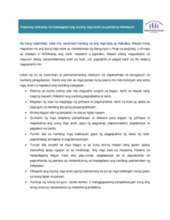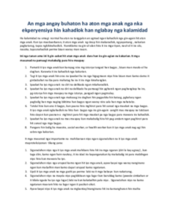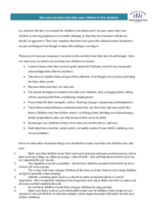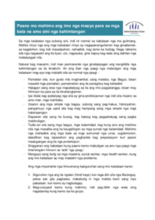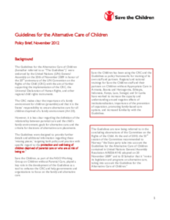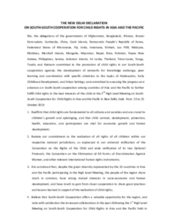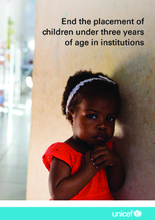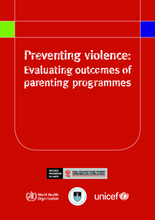Displaying 361 - 370 of 490
Key Messages for Caregivers in a Sudden Onset developed by the Global Child Protection Cluster in response to Typhoon Haiyan (Yolanda) in the Philippines
Key Messages for Caregivers in a Sudden Onset developed by the Global Child Protection Cluster in response to Typhoon Haiyan (Yolanda) in the Philippines
Key Messages for Caregivers in a Sudden Onset developed by the Global Child Protection Cluster in response to Typhoon Haiyan (Yolanda) in the Philippines
Key Messages for Caregivers in a Sudden Onset developed by the Global Child Protection Cluster in response to Typhoon Haiyan (Yolanda) in the Philippines (Ilongo)
This policy brief by Save the Children introduces the background, goals, and guiding principles of the Guidelines for the Alternative Care of Children endorsed by the UN General Assembly on the 20th of November 2009 while also explaining why family-based care is a preferred care arrangement over institutions. Furthermore, it suggests policy and practice recommendations to further protect children without appropriate care and strengthen families and communities.
This 6-minute video from the Center on the Developing Child at Harvard University explains the importance of human interaction with a caregiver to an infant’s brain development and the dangers of neglect to a child’s cognitive development, particularly the neglect that occurs in institutional settings.
A New Delhi Declaration renewing governments' commitments to the rights of children and pledging to support each other in the achievement of those rights, was adopted unanimously on 25th October 2013 by 32 Asian and Pacific States attending the Second High Level Meeting on South-South Cooperation for Child Rights in Asia and the Pacific.
On the 22nd October 2013, a new regional campaign in the Latin American and Caribbean region was launched to end the placement of children under three years of age in institutions.
In this video, Philip A. Fisher, a senior fellow at the Center on the Developing Child at Harvard University presents at NBC News’ 2013 Education Nation Summit, explaining why positive, reciprocal interactions between caregivers and children can have enormous positive effects on children’s development and lay the groundwork for a prosperous future.
This report seeks to increase understanding of the need for, and the process of, conducting outcome evaluations of parenting programmes in low- and middle-income countries. The guidance is aimed at policy-makers; programme planners and developers; high-level practitioners in government ministries; representatives of nongovernmental and community-based organizations; and donors working in the area of violence prevention.

